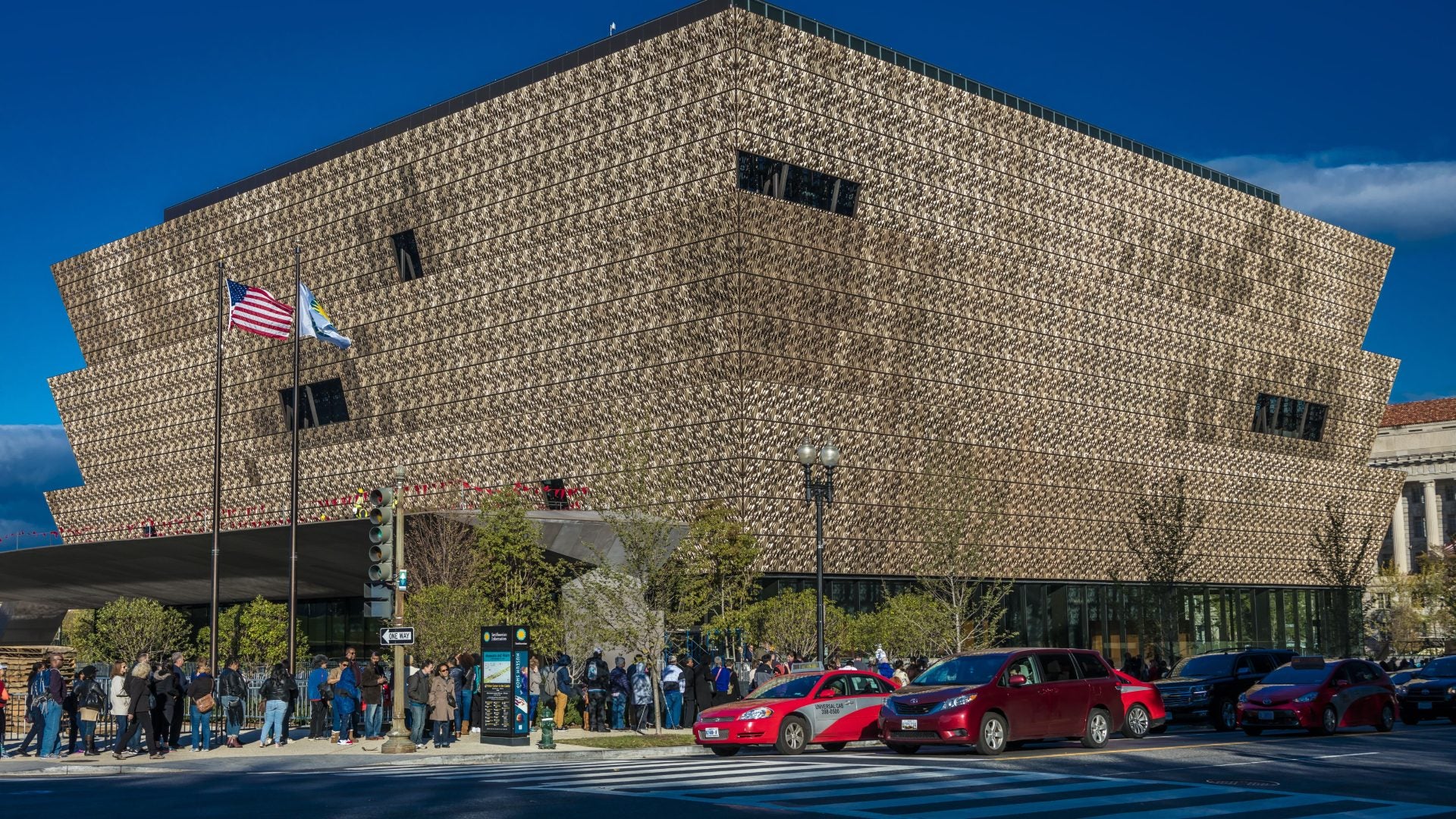
Lupita Nyong’o adds her voice to the many women who have come forward about their encounter with Hollywood producer Harvey Weinstein.
Weinstein has been accused of sexually assaulting or harassing over 30 women in recent weeks, with the abuse spanning decades.
In a New York Times op-ed, Nyong’o revealed her own experiences with the producer. The Academy Award winner detailed instances in which she felt “unsafe” around Weinstein or felt that his behavior was “inappropriate and uncalled-for.”
The actress describes one instance in which Weinstein asked her for a massage, something that many of the producer’s accusers have recounted.
“Harvey led me into a bedroom — his bedroom — and announced that he wanted to give me a massage,” Nyong’o wrote. “I thought he was joking at first. He was not. For the first time since I met him, I felt unsafe. I panicked a little and thought quickly to offer to give him one instead: It would allow me to be in control physically, to know exactly where his hands were at all times.”
Weinsten then told the actress that he wanted to remove his pants, which Nyong’o responded would be inappropriate. “I told him not to do that and informed him that it would make me extremely uncomfortable,” she wrote. ”He got up anyway to do so and I headed for the door, saying that I was not at all comfortable with that.”
Nyong’o’s story is similar to many of Weinstein’s accusers. They were told of how powerful the producer was before being introduced and later invited to what they believed were regular meetings or events.
“I did not know that things could change,” Nyong’o added. “I did not know that anybody wanted things to change. So my survival plan was to avoid Harvey and men like him at all costs, and I did not know that I had allies in this.”
“I hope we are in a pivotal moment where a sisterhood — and brotherhood of allies — is being formed in our industry. I hope we can form a community where a woman can speak up about abuse and not suffer another abuse by not being believed and instead being ridiculed. That’s why we don’t speak up — for fear of suffering twice, and for fear of being labeled and characterized by our moment of powerlessness.”





